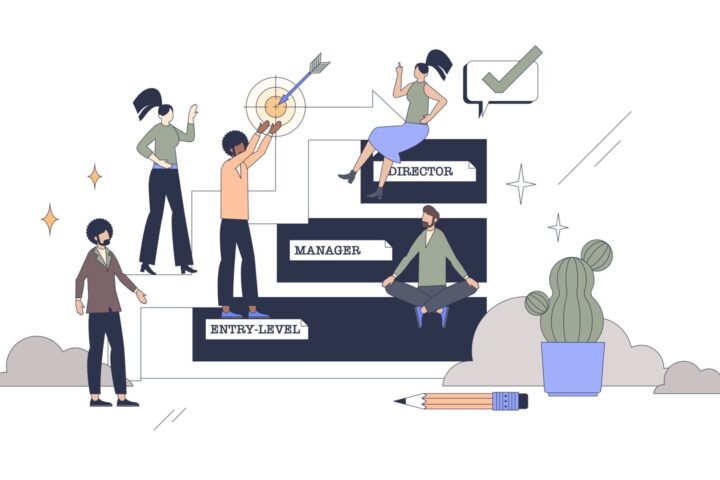As the academic year draws to a close, a new generation of graduates is preparing to step into the workforce. But unlike previous cohorts, this one isn’t just looking for a job – they’re searching for purpose.
According to a recent study by EDHEC Business School’s NewGen Talent Centre and JobTeaser’s Gen Z Lab, these young professionals are bringing with them a fresh set of expectations and priorities that could reshape how organizations attract, retain, and develop talent.
A generation driven by purpose
This year’s graduates are eager to start working – but not at any cost. A striking 93% believe that work should contribute to both personal and professional development. For them, employment is not solely a means of financial stability; it’s a platform for creating a lifestyle that prioritises balance, meaning, and social connection.
Work-life balance is a core value for Gen Z, with 92% rating it as “important” or “very important.” Beyond that, they’re looking for workplaces that reflect their ideals – where equity, empathy, and impact are more than just buzzwords.
Equity in leadership and compensation, opportunities to connect with others, and the chance to contribute to broader societal change are all key factors in how they assess potential employers.
A mixed view of corporate life
While Gen Z maintains a generally positive view of companies – 77% express a favourable opinion – they also bring a realistic perspective. Many describe corporate environments as “collaborative” (72%) and “engaging” (69%), which aligns with their desire for connection and meaningful work.
However, the picture isn’t entirely rosy. A significant number of respondents describe corporate life as “stressful” (77%) and “complicated” (71%), underscoring the need for HR leaders to simplify internal processes, address burnout, and improve communication and transparency.
Rethinking loyalty and career trajectories
Unlike previous generations, Gen Z does not equate job security with long-term commitment. Many view their first job as a stepping stone rather than a destination – a way to gain experience before moving on. Half of the respondents prefer short-term or freelance contracts, and many are open to self-employment.
This mindset is shaped by a deep awareness of the evolving job market. Gen Z is acutely attuned to the impact of AI and automation. Over half (56%) expect to change careers voluntarily in the future, while 39% anticipate being forced to pivot due to industry disruptions.
Interestingly, 28% believe AI may make their future role obsolete, highlighting a blend of pragmatism and caution that employers should not ignore.
Rewriting the rules of career development
The Class of 2025 is breaking away from the traditional, linear career path. They’re drawn to flexible, experience-rich journeys that allow them to develop a wide range of skills and explore multiple professional identities. Career advancement, for them, means growth, not just promotion.
This shift represents both a challenge and a major opportunity for HR professionals. Organisations willing to evolve their career management strategies will be better positioned to attract and retain top talent. This could include offering diverse project opportunities, increasing autonomy, supporting lateral moves, and even embracing career breaks as part of a healthy career journey.
What HR leaders can do
To meet these new expectations, HR departments must rethink long-held assumptions about what drives employee engagement and loyalty. Creating a culture that prioritises growth, values alignment, and flexibility will be key.
The payoff? A workforce that is not only more resilient and future-ready but also more invested in the organisation’s long-term success.
Geneviève Houriet Segard is associate director of the NewGen Talent Centre at EDHEC Business School

















